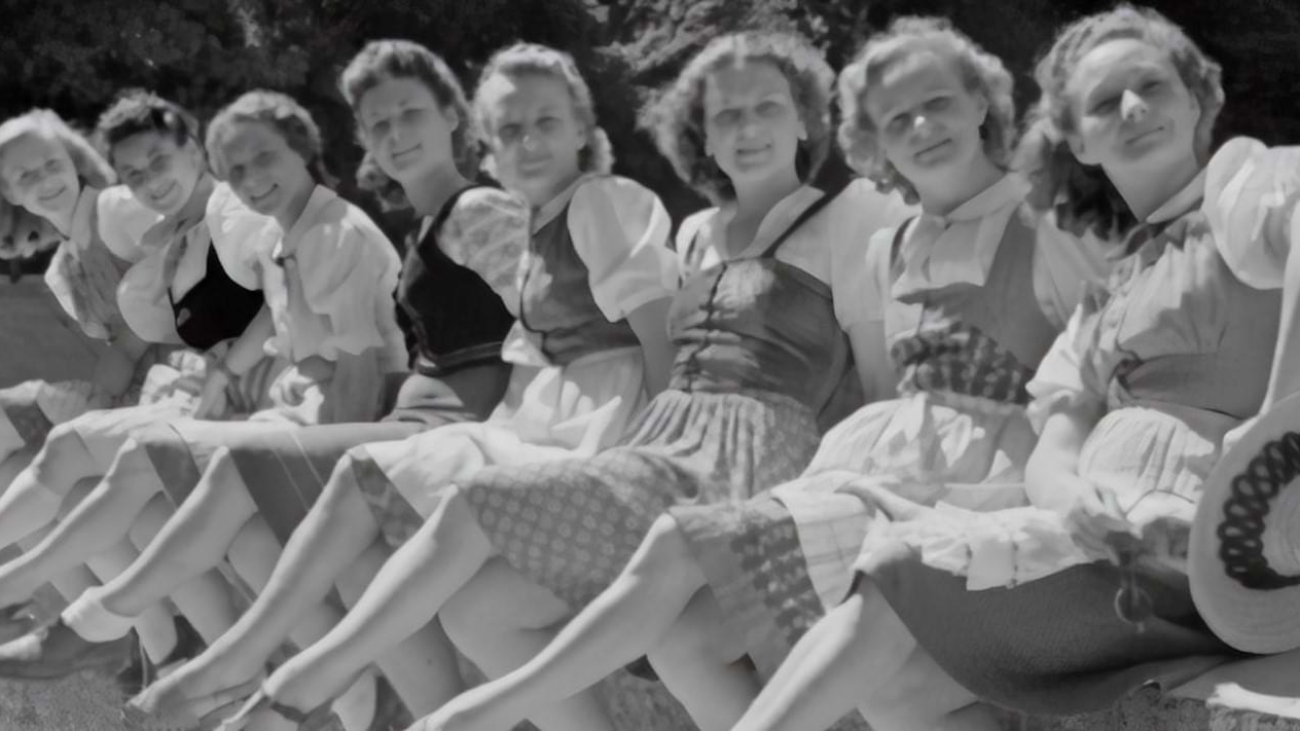I wrote recently about the Division of Perceptual Studies (DOPS). This is a research unit of the Psychiatry and Neurobehavioral Sciences of the University of Virginia’s School of Medicine in the United States that researches accounts of past lives. One notable case is that of James Leininger, a young boy who had verifiable past-life memories of being a WWII pilot.
James was born in 1998. When he was 22 months old his father took him to a flight museum in Dallas, Texas. He was fascinated by the planes and took particular interest in the World War two exhibits. This trip seems to have unearthed memories of a past life as a wartime pilot. While playing with toy planes he would frequently say, “Airplane crash on fire”. At this time he also started to have nightmares in which he seemed to be reliving a plane crash.
His parents asked him about the dreams and James said they were memories of a past life. They continued to ask about these memories and over time they were able to establish that he flew from a ship called Natoma and that he was killed when he was shot down by the Japanese while flying a Corsair aircraft.
His father did some research and was able to find an escort aircraft carrier called USS Natoma Bay that operated in the later part of World War Two in the pacific. His parents asked him his name and his said he was called James. They also asked if he remembered the names of anyone else, and he said he knew Jack Larson. Later while his father looked through a book called ‘The battle of Iwo Jima’, James said, “That’s where my plane was shot down”. It was a picture of Mount Suribachi, a prominent feature on the southern tip of the island of Iwo Jima.
Armed with this information, James’s father attended a reunion of the Natoma Bay crew. He was able to verify that there was a Jack Larson on the ship and that he was still alive. Crucially he was also told that a James M Huston Jr was the only pilot from the crew shot down at Iwo Jima and it was exactly as his son had described. Interestingly, his son would sign his drawings ‘James 3’ (even when he was not three years old) and this now made sense as James Huston, the pilot, was a James Jr.
It was at this stage that the Division of Perceptual Studies was asked to investigate. Dr Jim Tucker investigated and concluded that that there was a very good chance that these recollections were memories from a past live. There is a full report, written by Dr Tucker. In this report he concludes, “The documentation in James’s case provides evidence that he had a connection with a life from the past. On the face of it, the most obvious explanation for this connection is that he experienced a life as James Huston, Jr. before having his current one”.
Also James’s parents, Bruce and Andrea Leininger, wrote a book about the family’s experience and their sons memories called ‘Soul Survivor: The Reincarnation of a World War II Fighter Pilot’. The Psi Encyclopedia, created by the Society for Psychical Research also has an account of James’s experience.
If you are interested in exploring your past lives then contact me.



![PICT0003[1] (2)](https://allisonbiel.co.uk/wp-content/uploads/2023/06/PICT00031-2-1300x731.jpg)







